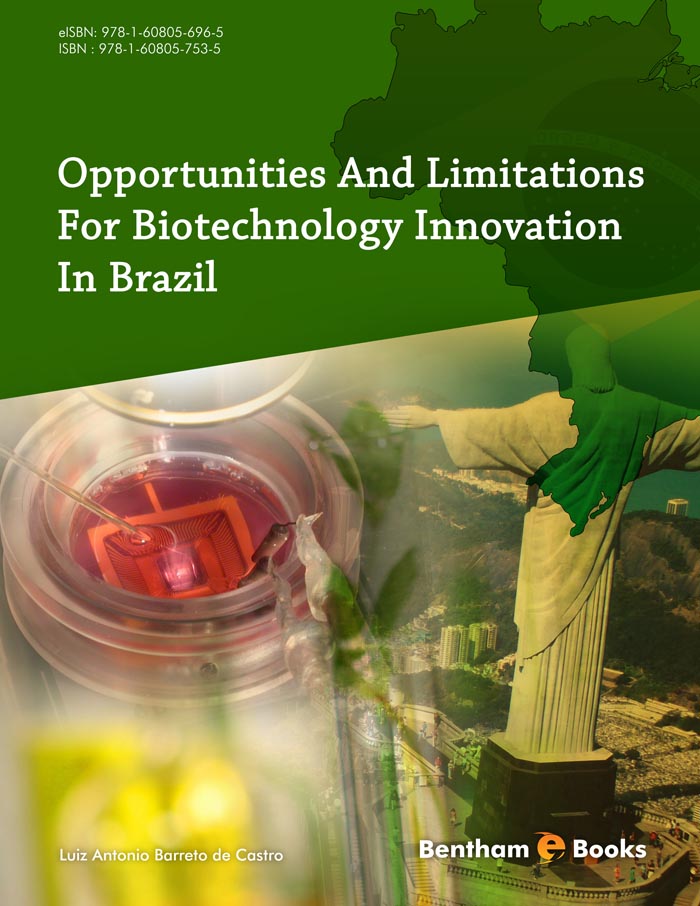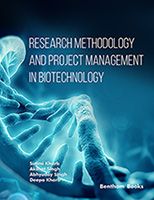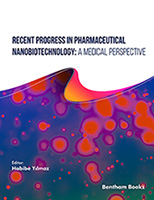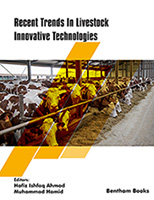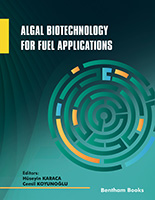Foreword
For implementing the Millennium Development Goals and Rio + 20 Sustainable Development Goals, our world will need more than better governance and political goodwill. We need a more sustainable and high yielding agriculture, a more sustainable industry based not only on petroleum as raw material, but on agriculture and city waste and specialized "industrial" crops. We also need an affordable pharmaceutical industry, that can react efficiently and rapidly against the different emerging infectious agents. The ongoing population increase, undernourishment and urbanization result in extreme poverty and inequalities, enhancing social unrest and leading occasionally to instability and political uncertainty. All this raises the risk that evolving pathogens represent distinct epidemiological threats. How to cope with these challenges? What is needed for that?
Our present world can no longer function without an accelerated contribution of science and technology. In the life science sector, tremendous progress was made in the last 40 years: Successively gene cloning, manual and later automatized high performance sequencing of DNA and RNA, novel mass spectroscopy approaches for sequencing proteins and their modifications, identification of secondary metabolites and precursors of the biological macromolecules have generated a mind boggling amount of data, and through parallel advances in information technology and fast computing have helped to build a solid amount of novel fundamental knowledge.
To apply this knowledge and convince the financial and economic world to help develop the appropriate start-ups is the challenge of today’s biotechnology sector. Europe and now also the US have made solid political declarations that the future of our quality of life, including the environment, depends on the development of a performing "Bio-economy". But to be successful one will need a dynamic and innovative interaction between the established Bio-industries, active in the whole value chain of agriculture, forestry, fermentation, the pharmaceutical industry and the emerging pollution remediation industries with the research institutes and universities contributing to the fundamental life Sciences research. At present few governments have the capacity to stimulate the right interactions. An important exception is Brazil, and in particular for the agriculture and forestry related activities. EMBRAPA, established also nearly 40 years ago, is an example of how creative fundamental research can be well linked with field work in all aspects of agronomy, agriculture and husbandry. The close cooperation between breeders and molecular biologists, soil scientists and plant pathologists makes it a model for scale up and replication around the world. A more international presence of EMBRAPA can stimulate many countries to join the race for developing the necessary life sciences industries.
The career of Luiz Antonio Barreto de Castro also spans exactly these 4O years. During his studies and postdoc periods in California, he realized the power of gene cloning. He was able to convince EMBRAPA to join this research and he actively did so by becoming the first director of CENARGEN. Through his vision and initiatives, opportunities were created for new generation researchers who contributed to the development of Brazil’s biotechnology capacity.
It is therefore a great pleasure to congratulate him on the initiative to communicate his thoughts on the priorities for further biotechnology actions.
PROFESSOR MARC VAN MONTAGU
President European Federation of Biotechnology (EFB)
President Public Research Regulation Initiative
Institute for Plant Biotechnology Outreach – Flemish Inter University Institute Biotechnology (IPBO/VIB)
Gent University
Belgium

